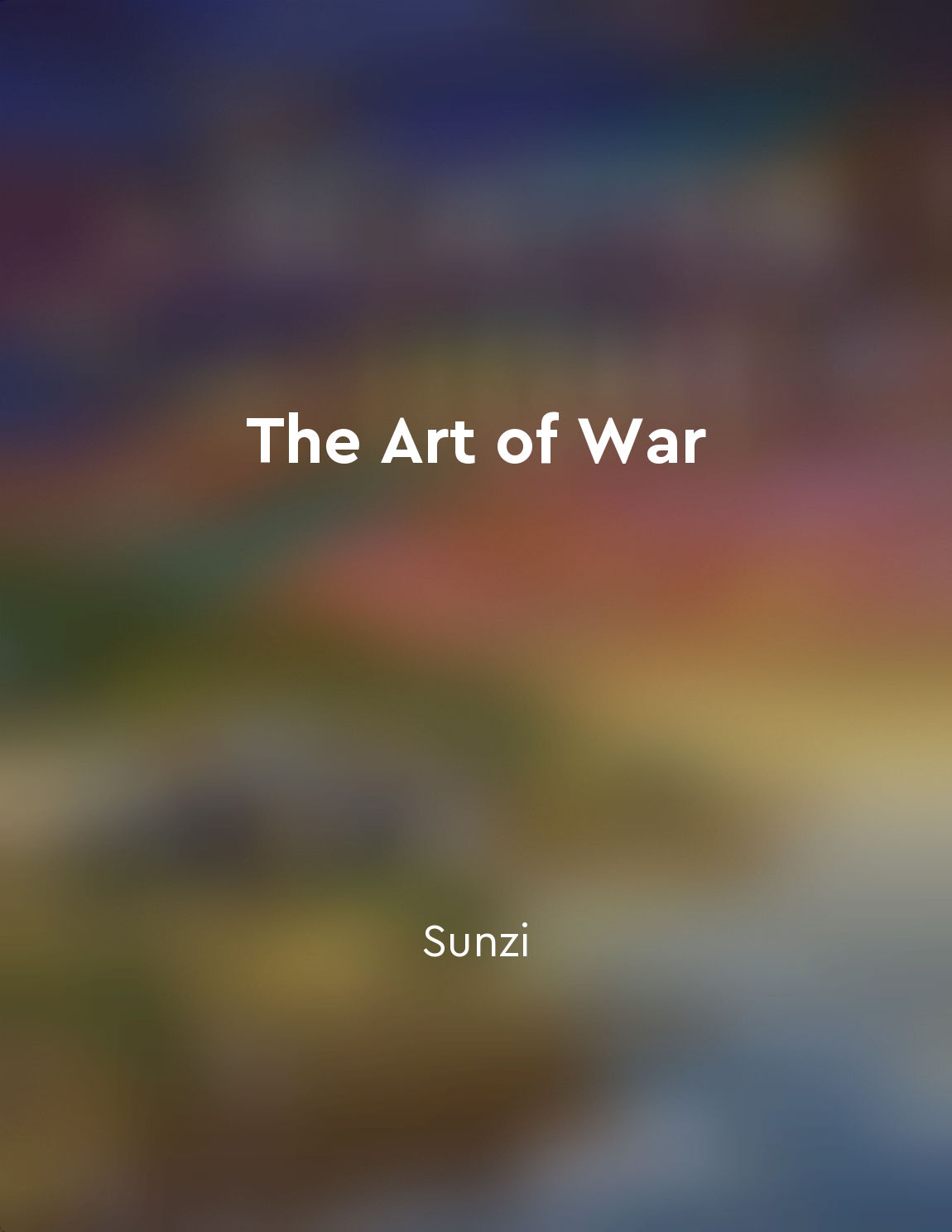
🌻 Personal Development
🧘 Psychology
🙌 Adaptability
👑 Leadership & Management
🤝 Conflict Resolution
"The Art of War," attributed to the ancient Chinese military strategist Sun Tzu, is a treatise on military strategy, tactics, and philosophy. Composed of 13 chapters, each focusing on different aspects of warfare, the book emphasizes the importance of strategy, preparation, and adaptability in achieving victory. Key themes include: 1. **Understanding the Landscape**: Sun Tzu stresses the importance of knowing both the terrain and the enemy to gain a strategic advantage. 2. **Importance of Planning**: Warfare requires careful planning and assessment of conditions, forces, and potential outcomes. 3. **Psychological Warfare**: Deception, morale, and psychological factors play critical roles in warfare, as understanding and manipulating the enemy’s perceptions can lead to success. 4. **Flexibility and Adaptability**: Sun Tzu advocates for a flexible approach to strategy, encouraging leaders to adapt to changing circumstances rather than rigidly following a predetermined plan. 5. **Leadership**: Effective leadership is crucial for success in war. A good leader must be wise, disciplined, and able to inspire their troops. 6. **Winning Without Fighting**: The text emphasizes that the ultimate goal is to win without conflict whenever possible, highlighting diplomacy and strategic maneuvering. Overall, "The Art of War" is not just a manual for military commanders but also a guide that has been applied beyond the battlefield, influencing fields such as business, sports, and personal development. Its teachings on strategy and human interaction continue to resonate through the ages.

10 Quotes